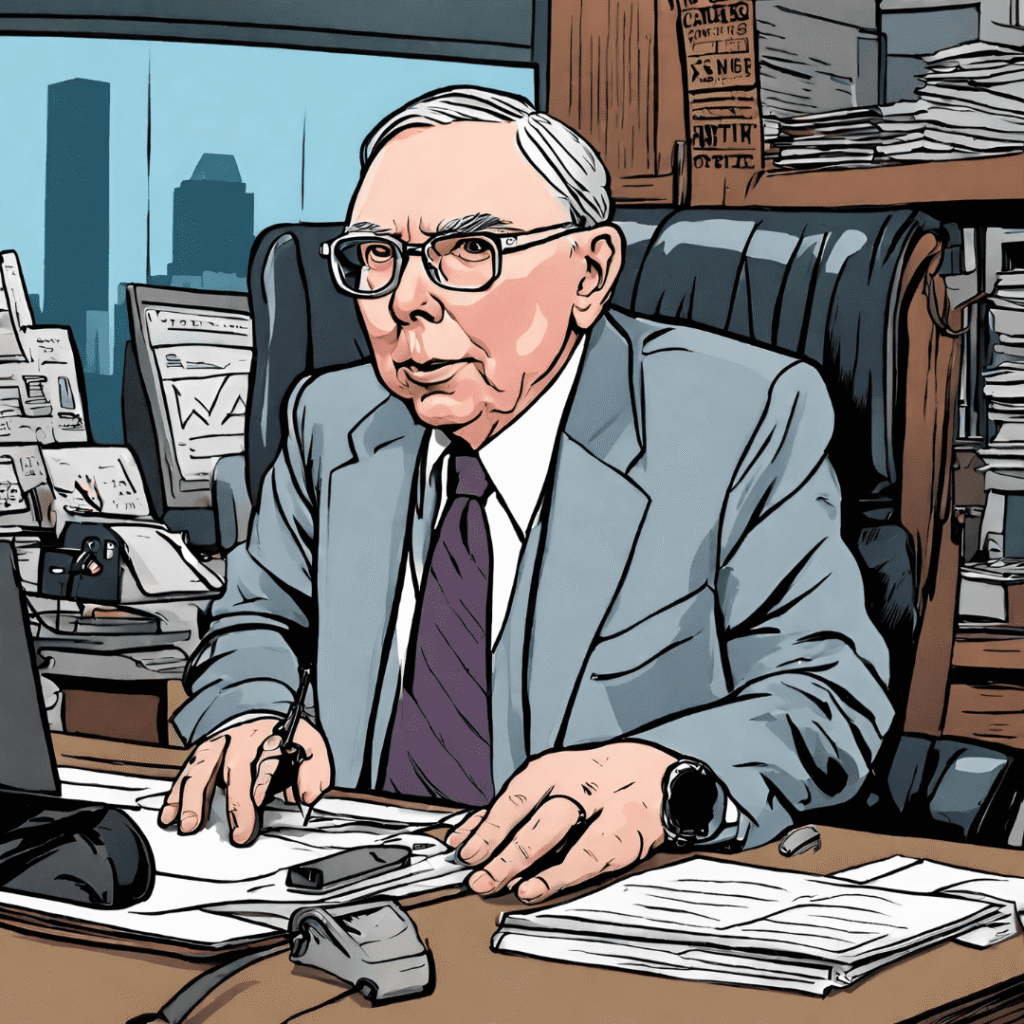Have you ever felt like your life was stuck on pause, refusing to move forward?
That was exactly how I felt on Wednesday morning. The cold winter air clung to me as I rolled over in bed, bracing myself for yet another cycle of get up, work, eat, sleep, repeat. I turned to my girlfriend and wrapped my arms around her, wishing I could stay there in that quiet embrace forever.
But eventually, I had to get up. I met Prajay at the Chigwell Nuffield, and as we headed into the changing room, I asked, “Do you ever feel stuck?”
He turned to me with a curious expression. “It’s so strange you mention that,” he said. “I had the exact same thought this morning.”
I got into my car to drive to work in Loughton after a good steam and sauna session, and on my short drive, I started to think about these feelings.
What Was My Realisation?
Our sense of being “stuck” comes down to perception.
Picture yourself in a rowing boat. Even as you row, it may seem like the world around you is rushing by while your boat barely moves. Yet to someone watching from the shore, you’re covering a lot of ground. The difference lies in perspective.
I often think the same is true whenever we learn something. We may feel stagnant, even as we work on something every day, but our progress seems so glacial.
A Strange, But Troubling Paradox
A Strange, But Troubling Paradox arises when we consider the opposite extreme: a life in constant flux.
Imagine never having a moment to catch your breath—even if every change seems positive. The novelty might initially be thrilling, but over time, you’d likely feel worn out and unable to savor any sense of contentment.
Our minds and bodies crave some level of stability—an internal home base where we can regroup and recharge before tackling life’s next upheaval.
But human nature seems to urge us toward alteration and novelty.
We live off the chance for new sensations and hate stagnation. This is the paradox that, while seeking comfort, we are hungry for adventure-a reflection of a deeper truth in our psychological makeup.
We need security and to belong; but on the other side, we do need new experiences to spark growth and keep the fire ablaze. The tension between the two drives may become pretty challenging in our lives.
What is important is finding an appropriate balance where routine and novelty are mixed correctly to create conditions for well-being. We learn to embrace familiar routines that reassure us and large steps that may challenge us. After all, life is sweetened by the anchor of home and the adventure of new horizons.
The Neuropsychology of Stagnation
Attributing all of these feelings to perception, however, seems slightly unsatisfactory, so I was interested in the neuropsychology behind them.
My gut instinct was that it would have something to do with our dopamine levels, and it seems to be the case. Dopamine is our reward system afterall, so low dopamine levels makes us feel like we will not be rewarded for the effort we put in.
Potentially, these feelings that I was having on Tuesday were not just a matter of perspective, but a sign of neurochemical imbalances and a dopamine deficiency.
In my view, it was probably a bit of both.
How Do You Produce More Dopamine Naturally?
I, and many others, struggle mentally in winter, and sunlight is an important part of vitamin D production, which is important for dopamine production.
Of course, vitamin D is not present in many foods, and we should spend some time in the sun each day so that the 7-dehydrocholesterol present in our skin can be converted into vitamin D3. Furthermore, I have also not been having porridge in the morning recently, and tyrosine is present in oats. This amino acid is necessary for the production of dopamine.
There are many other compounds important for dopamine production, so basically, eat and supplement healthily, and you’ll be able to address many of these chemical imbalances that lead to the feeling of low energy and motivation.
Here is a helpful table of the chemicals required for dopamine production and the various food sources:
| Compound / Nutrient | Role in Dopamine Production | Common Food Sources |
|---|---|---|
| L-Phenylalanine | Used by the body to create L-tyrosine, an important building block for dopamine. | Meat, poultry, fish, dairy, soy products, nuts, seeds |
| L-Tyrosine | Needed to produce L-DOPA, which your body then turns into dopamine. | Chicken, turkey, fish, peanuts, almonds, avocados, bananas |
| Vitamin B6 (pyridoxine) | Helps convert L-DOPA into dopamine. | Poultry, fish (salmon, tuna), bananas, chickpeas |
| Folate (Vitamin B9) | Helps your body process amino acids and make neurotransmitters. | Dark leafy greens (spinach, kale), legumes, lentils, citrus fruits |
| Vitamin C | Aids in making related chemicals (like norepinephrine) and keeps neurons healthy. | Citrus fruits (oranges), strawberries, bell peppers, broccoli |
| Magnesium | Helps enzymes in your body work properly, including those for dopamine. | Green leafy vegetables, nuts, seeds, whole grains, legumes |
Reframing Your Viewpoint
On this blog, I’ve often emphasised the importance of taking time to reframe our experiences. Stoic thinkers, in particular, stressed how vital it is to maintain perspective and stay objective.
I’ve personally found this challenging while coming to terms with the end of my marriage. From my viewpoint, it felt like a significant step backward—even though I’ve been making progress in other areas of my life.
A friend, however, reminded me that leaving the marriage can actually be seen as a step forward. It’s crucial to recognise it this way, because reframing our challenges isn’t about denying difficulties—it’s about finding a healthier perspective that allows us to keep growing.
Taking a few moments to reflect on your achievements, and then choosing carefully about where to next channel your energies is really key to reframing your situation.
Moving Forward
So, if you’re feeling stuck, remember: it’s often a mixture of perception and biology.
Reassess your viewpoint, support your body’s needs through good nutrition (like foods rich in vitamin D and tyrosine), and give yourself permission to move forward—even if it means leaving old situations behind.
Above all, remember that each step, however small, is progress.


